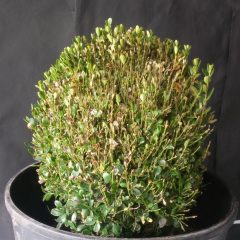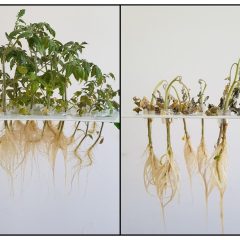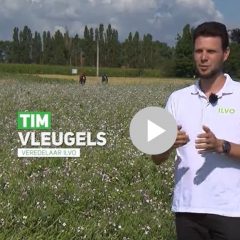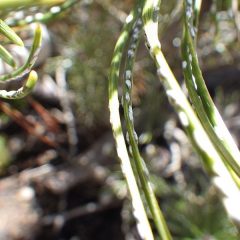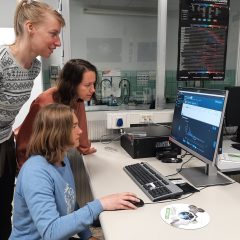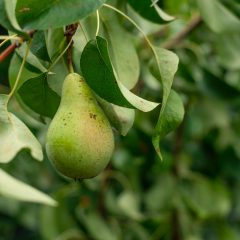Research project Belgian network and activities in the frame of the International Plant Sentinel Network (Euphresco-IPSN2): BePSN
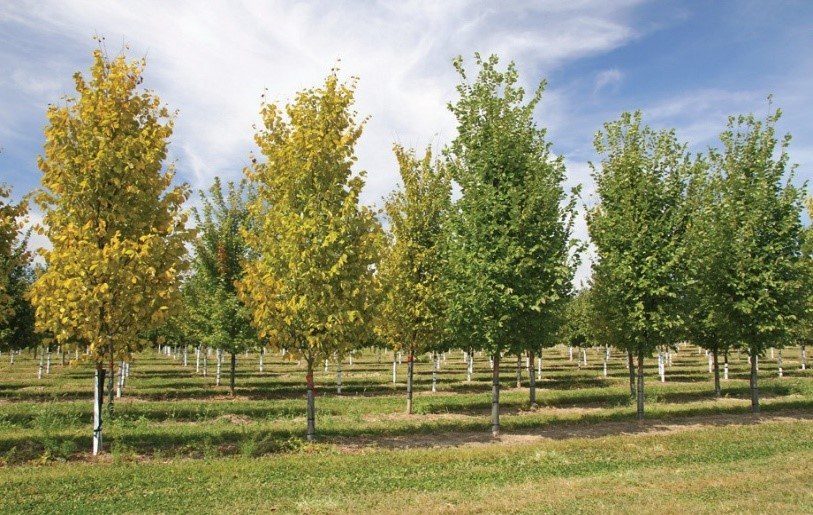
General introduction
The aim of the SENTINEL project was to build a Belgian network of botanic gardens and arboreta (BG&A) and diagnostic phytosanitary laboratories, for the survey and detection of (emerging) pests and diseases. BG&A contain plants that are introduced in a non-native environment and hence are excellent tools (sentinels) to detect risks for new diseases and pests. Also information about the susceptibility of specific plant genotypes when placed in another non-native condition, i.e., confronted with other diseases and pests and different environments, can be gathered. This project focused on capacity building of the BG&A for diagnosis of new diseases and pests, collection and reporting of data, later applicable in world-wide sentinel network.
Research approach
The Belgian Plant Sentinel Network (BePSN) consisted of seven BG&A and two plant health laboratories (ILVO and CRA-W). Four test cases were chosen as examples of diseases and pests to be surveyed by people from the BG&A: the pine processionary moth, the fungus Sirococcus tsugae on cedar, phytoplasma diseases and root-knot nematodes in elm trees, and a general health survey on oak trees. ILVO and CRA-W supported the BG&A through workshops, information leaflets, on-the-spot training in recognizing symptoms and sampling, and performed the diagnostic analysis in the lab.
Relevance/Valorization
Globalization of trade and climate change have resulted in an increase in occurrence of invasive plant pests and pathogens which can have economic, environmental and social impacts. The International Plant Sentinel Network (IPSN) was launched as an international network in the phytosanitary area. With the current project, the BG&A became aware of the possibility that invasive diseases and pests are present in their gardens. Indeed, during the project two organisms were reported for the first time in Belgium: the fungus Sirococcus tsugae on cedar and Candidatus Phytoplasma ulmi on elm. The creation of a Belgian network (BePSN), aiming at supporting national plant health policy by early warning of new threats, was shown to be useful. Now it is a matter of keeping this network active and participate in the transnational initiative of IPSN.

